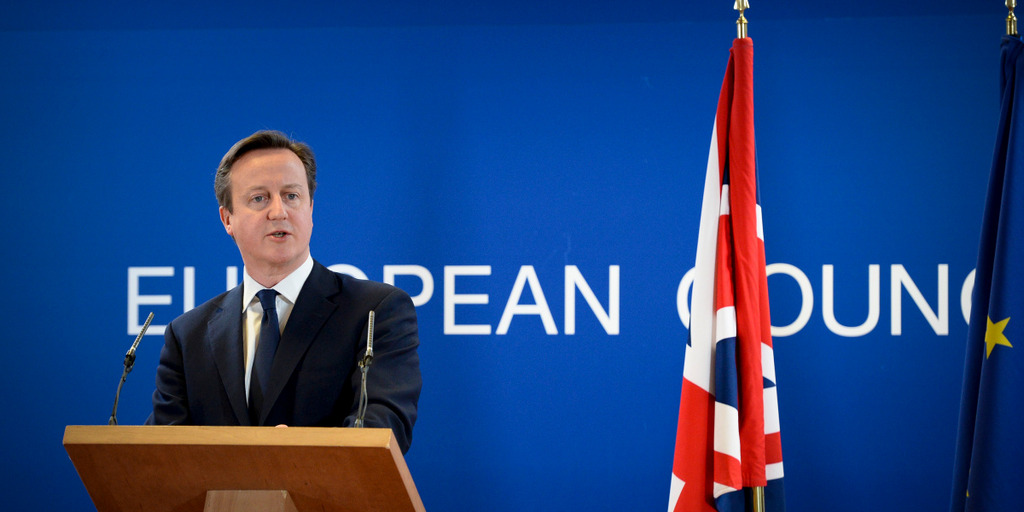It is very hard to imagine what kind of better deal for the United Kingdom´s membership in the EU David Cameron could achieve that would help him to win an in-referendum at home. This is the sobering result of a simulated meeting of the European Council where 14 experts from renowned European think tanks slipped into the role of their respective heads of state or government and negotiated with the UK about the British demands as they are known so far.
The simulation showed that even if his EU colleagues are willing to lend Cameron a helping hand there is not so much they can do for him. A treaty change is out of reach given the short time left. Furthermore, the length of the EU’s legislative procedures will not produce many tangible results with regard to the deepening of the single market until the end of 2017.
David Cameron might have to become much more realistic as well as constructive with regard to what he will be asking for in his letter to the Council promised for early November. On top, it seems advisable that he changes his role from a sole demander to a leading reformer and that he makes himself the spearhead of a comprehensive treaty reform. Getting the other member states to agree on a date for a European Convention seems more convincing than legally non-binding declarations that the UK will receive, for example on its opt-out from the “ever closer union”.
The results of the simulated European Council meeting are now available in form of a commentary written by Steven Blockmans and Stefani Weiss. This commentary is the first result of the project “The UK and the EU: Simulating the agendas for EU reform” which is carried out jointly by the Centre for European Policy Studies and the Bertelsmann Stiftung.






